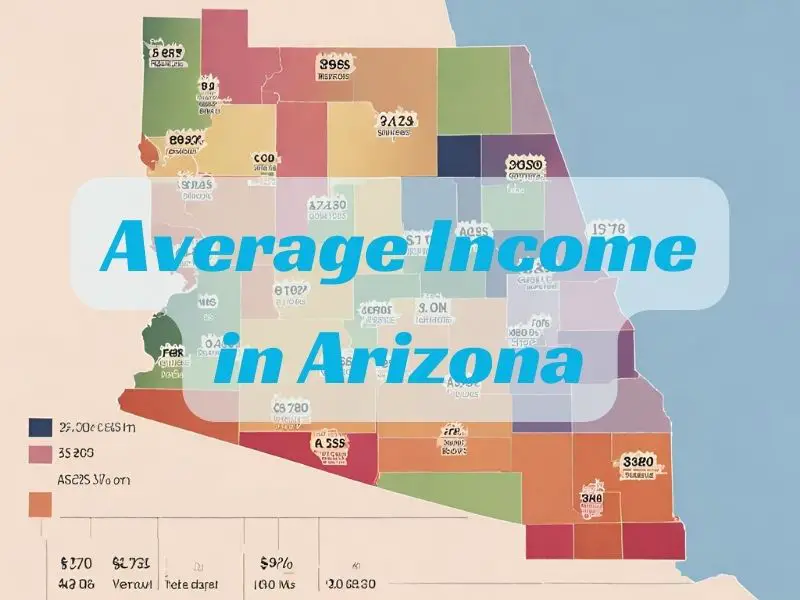The average income in Arizona is an important indicator of the economic well-being of its residents. It provides insights into the overall financial health of the state and can help policymakers and individuals make informed decisions. In this section, we will explore the factors that contribute to the average income in Arizona and how it compares to other states.
One of the key factors influencing the average income in Arizona is the state’s diverse economy. Arizona has a thriving tourism industry, with millions of visitors flocking to popular destinations such as the Grand Canyon and Sedona each year. This influx of tourists creates job opportunities in the hospitality and service sectors, which contribute to the overall income of the state.
Another significant contributor to the average income in Arizona is the presence of major industries such as aerospace and defense, healthcare, and technology. These industries attract high-paying jobs and skilled professionals, which in turn drive up the average income. Companies like Raytheon, Banner Health, and Intel have a significant presence in Arizona and provide employment opportunities for thousands of residents.
The cost of living in Arizona also plays a role in determining the average income. While the state offers a relatively affordable cost of living compared to some other states, certain areas, such as Phoenix and Scottsdale, have a higher cost of living. This means that individuals living in these areas may need higher incomes to maintain a comfortable standard of living.
Check Other News.
Education levels also impact the average income in Arizona. The state has made significant investments in education, with several universities and colleges offering a wide range of programs. Higher education can lead to better job prospects and higher salaries, contributing to an increase in the average income. However, it is important to note that there is still a disparity in educational attainment across different regions of the state, which can affect income levels.
When comparing the income in Arizona to other states, it is important to consider the overall economic conditions and regional differences. Arizona’s average income is slightly below the national average, but it is important to note that the state has a lower cost of living compared to some other states. This means that individuals in Arizona may have a higher purchasing power despite the slightly lower average income.
In conclusion, the average income in Arizona is influenced by factors such as the state’s diverse economy, major industries, cost of living, and education levels. While the average income in Arizona may be slightly lower than the national average, the state offers a relatively affordable cost of living and has a thriving job market in various sectors. By understanding the factors that contribute to the average income in Arizona, individuals and policymakers can make informed decisions to improve the economic well-being of the state and its residents.
